It is no exaggeration to say that I completely, hopelessly fell in love with Johanneshof Cellars‘ co-owner, Warwick Foley, and his lovely young family.
While reviewing a long list of wine and sustainability awards the winery’s charismatic and remarkably down to earth proprietor, Warwick Foley, poured dozens of deliciously captivating wines for me.
His Cellar Door (a New Zealand term for “tasting room”) is a residential structure on a steep hill. You won’t find a smidgen of pretence in this warm, homey place that invites one to linger. I scheduled an hour with him; which somehow turned into several.
Johanneshof Cellars is an artisanal, boutique winery, with an eye on quality and consistency. It’s located in Marlborough’s Sauvignon Blanc country, on New Zealand’s South Island. It was launched in 1991 by German born Edel Everling and her New Zealand husband, Warwick Foley.
Edel Everling initially met Warwick Foley at the Te Kauwhata Wine Research Station in the Waikato. Both studied viticulture and oenology in Geisenheim University in Edel’s native region of Rheingau. Edel is a fifth generation winemaker from the Rhine region in Germany. Warwick is a fifth-generation Kiwi who planted his first grapes, a hectare of Riesling, at age 17.
Warwick and Edel are co-owners and winemakers who share a deep faith in traditional methods of winemaking along with a judicious use of modern technology. Low crop load, close planting, open canopy, hand harvesting, gravity flow winery, low intervention style of winemaking have served them well.
In 1993, in an homage to Johanneshof’s deep appreciation for Europe’s centuries old winemaking, Edel and 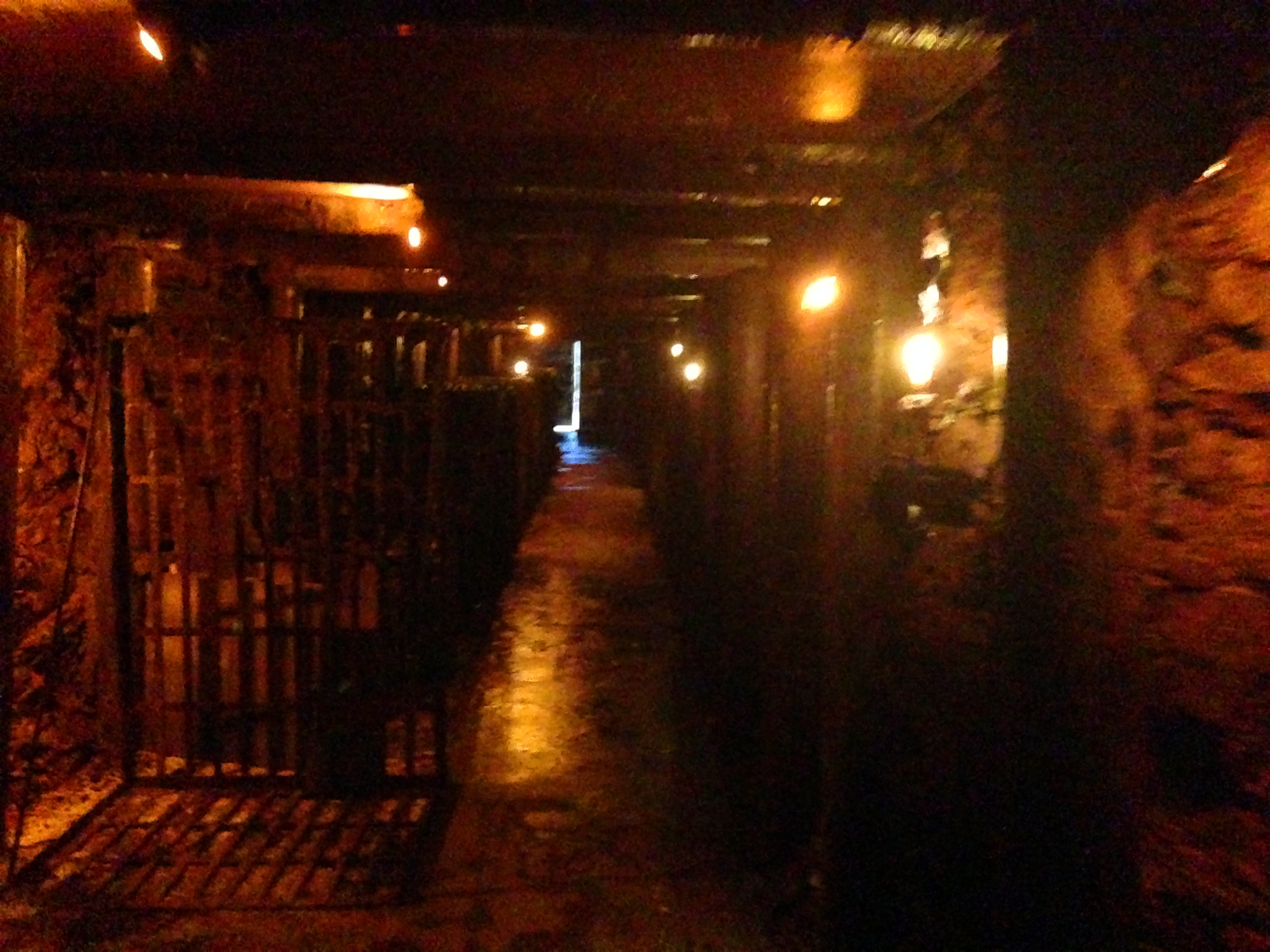
This Old World cellar also houses Johanneshof’s prized offering, their Methode Traditionale Cuvee. This sparkler comes from a 10 acre Pinot Noir block and is called “Emmi,” named in honor of Edel’s mom. Aged on lees for a minimum of five years, it’s a complex, opulent offering that shows off brilliant Marlborough fruit honed by a skilled hand. It is raw, yeasty and wonderful. He also makes a small amount of Sparkling Rose, with part of the sales proceeds going to charity to honor Edel’s courageous battle with breast cancer. Warwick’s sparkling wines are the “Happiest of wines…bubbles are exciting. Have it when you’re sad, have it when you’re happy.”
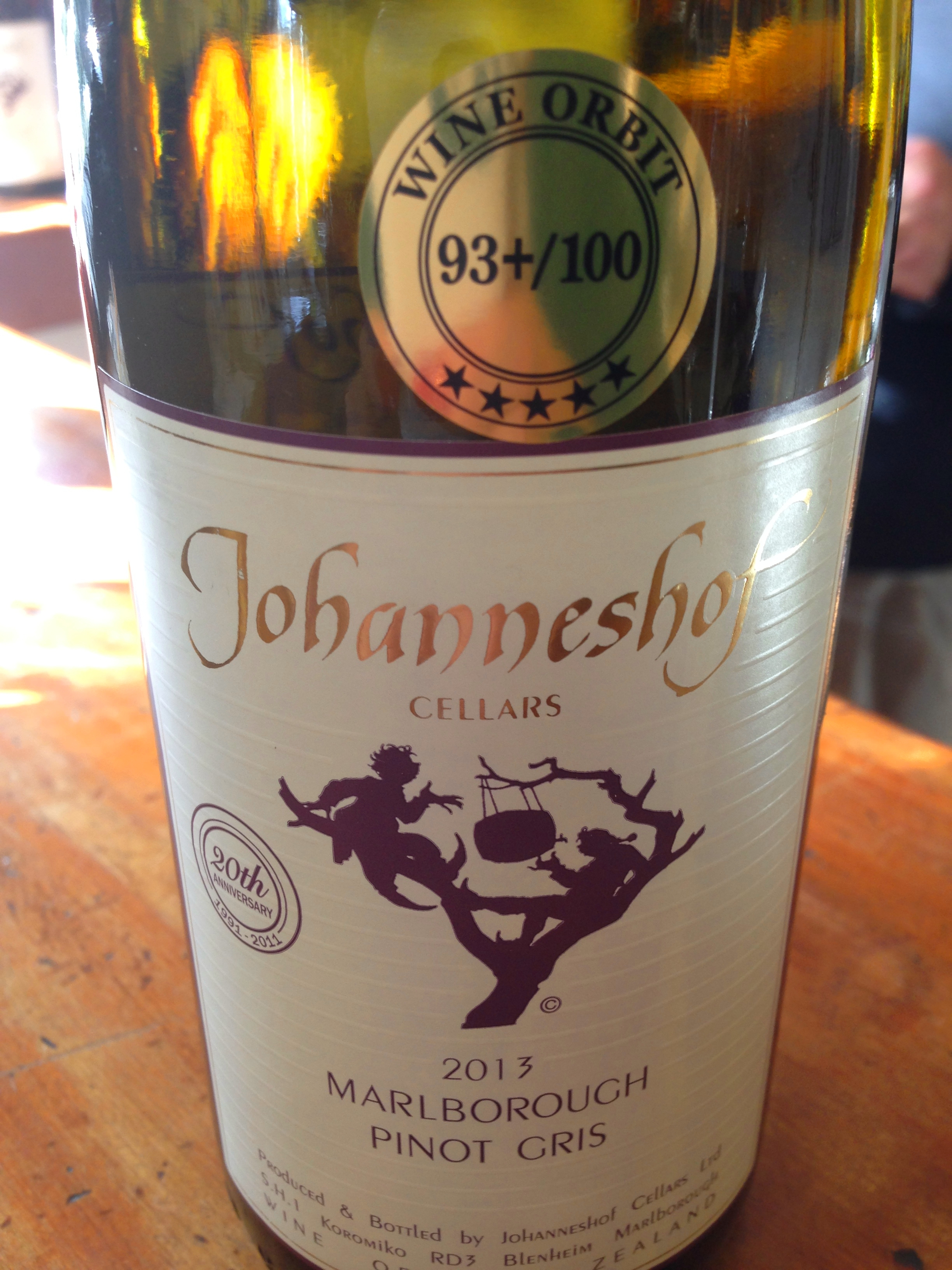
Foley’s winemaking philosophy is refreshing and remarkably real, quite genius in its simplicity: great wines are born as a result of great effort. Greatness isn’t a given, it’s earned. His years in the Rhône region taught him that wines can have a big pH, yet deft balance and sound structure. When he began growing grapes in New Zealand he had to manage double the moisture of Germany. His farming practices quickly earned him his first sustainability award.
He dismisses the flowery rhetoric many recite, referring to it in a hilarious “flowers bloom, birds sing” tune. Instead, he puts in hard work in the vineyard. He focuses on open canopy management (air movement keeps vines healthy), light crop load, a carefully monitored dry farming regime and forcing the vines to struggle for nutrition: “No bloody complex flavors, if the roots don’t go down,” he says. How the grapes are treated predictes how a wine will taste. Which cooperage you choose and the length of cellar-ing will dramatically affect a wine’s flavor profile. Years of experimenting with various barrels types (“Not too muffy!”) taught Warwick valuable lessons no degree in viticulture can provide. Learning the vineyard takes patience and hard earned experience. The French have a built-in generational advantage, since their grandfathers learned and passed on the lessons they’ve accumulated. New World winemakers have to learn on their own.
Everything Warwick does is done by hand, from farming to turning his beloved bubbles in the cellar. He strives to make wines one can easily drink: no more, no less. He is a proponent of evolutionary thinking which takes into account past history, but isn’t tethered to it. “We are still learning, every day,” he explains. His take on organic processes? Despite being praised for being a poster child for sustainability, his advice: use it judiciously!
Full control as a business owner allows Warwick to practice what he preaches. All grapes are picked by hand (at the cost of $400 per ton vs. $50 to pick with machinery). Only the finest bunches are picked. He uses a variety of clonal material to create a diverse palette. There is no “spinning”, no reverse osmosis, no tricks. Harmony and balance are the keys to his success. According to Warwick, “Loving wine wholeheartedly accounts for the intuitive style in which you make it. You get one bite of the apple once a year, so make it count!”
Having spent a lot of his time in Rheingau, which is close to Alsace, Warwick isn’t fond of hollow acidity. He is in constant pursuit of equilibrium in his wines. He referrers to it as yin and yang, with no flavor or sensation being out of place.
His Rieslings are naturally extracted, off to medium dry, packed with flavor and are simply delicious. His sublime Sauvignon Blanc is chock full of passion fruit, Jalapeño, gooseberry, essence of capsicum and black currant leaf. His Gewürztraminers are fragrant, bursting with flavor, yet never cloying or overly dramatic.
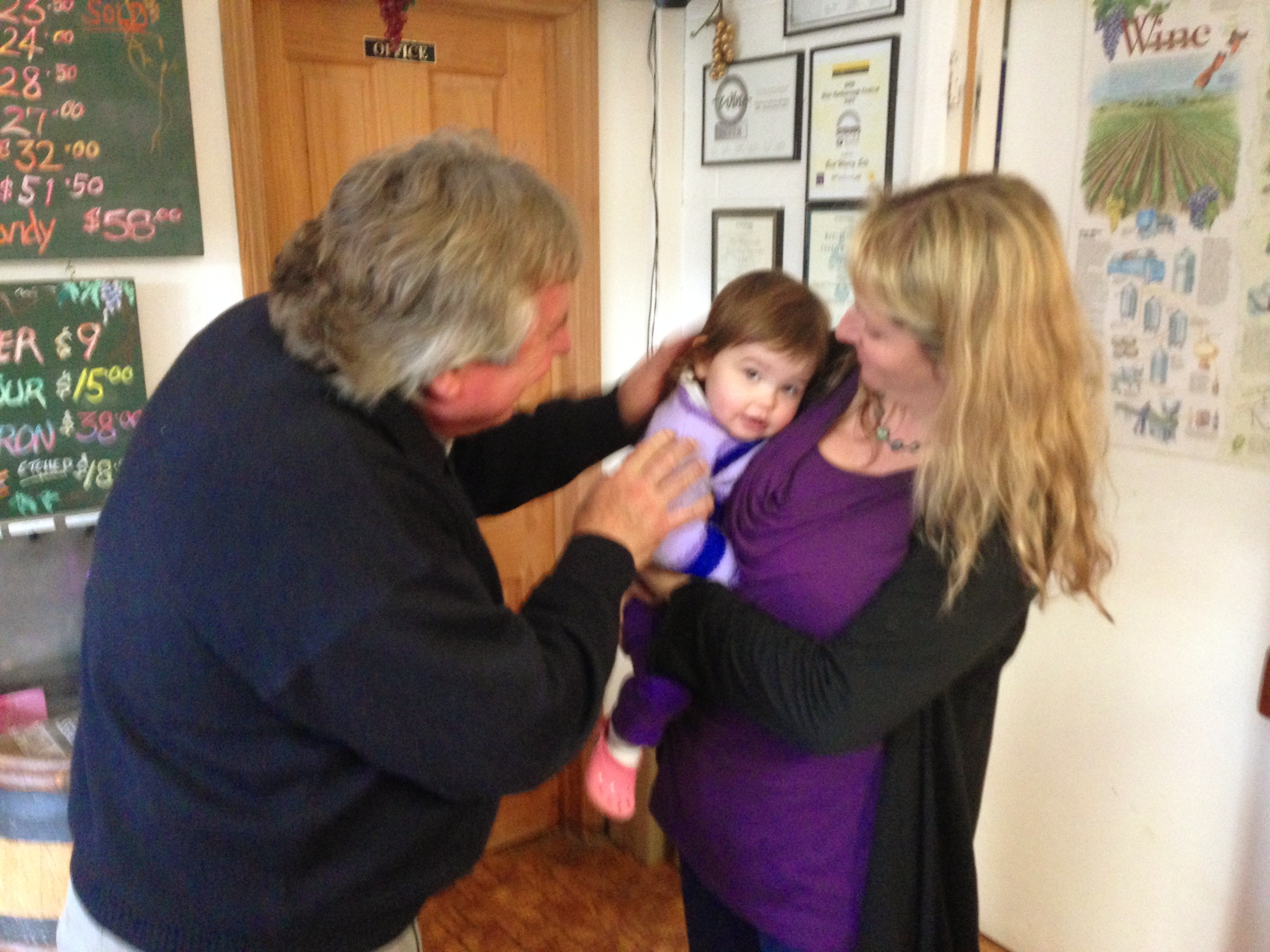
One of Warwick’s epiphany wines was a 1948 Clos de Vougeout that he opened for friends and staff a while back. He believes that sharing great wines is the point of wine consumption. “You don’t go on holiday by yourself, so why in the world would you drink your most precious wines alone?!” His cellar houses quite a few older wine treasures, if you befriend Warwick, may be one day you will get to share a bottle with him.
Warwick wistfully noted how unromantic the New World can be—with the Old World, sensory overload can sweep you away: “You can feel, breathe, smell it, internalize it—there’s nothing like it.” Anyone who experienced it understands his point. As humans we connect to the timeless, well established, familiar. We yearn for reference, a sense of belonging. Like a warm hug, it teaches us that there is meaning and context to it all.
Perhaps now you can understand why this wine man and his life philosophy are entirely irresistible. He encompasses everything I believe and strive for—generosity, a sense of humor, old fashioned values, and a mad love for this crazy beast called “life.”
One can find true romance on a Parisian street or a remote Anderson Valley vineyard. I found it overflowing with abundance in the glow of Warwick’s eyes when he looked at his wife and daughter, or spoke of his craft. It was everywhere in his magical underground cellar, and in the countless hauntingly beautiful wines he so generously opened for me and the hours we spend together. The Sparkling Sage has spoken, and his words glow in my heart as I write this.

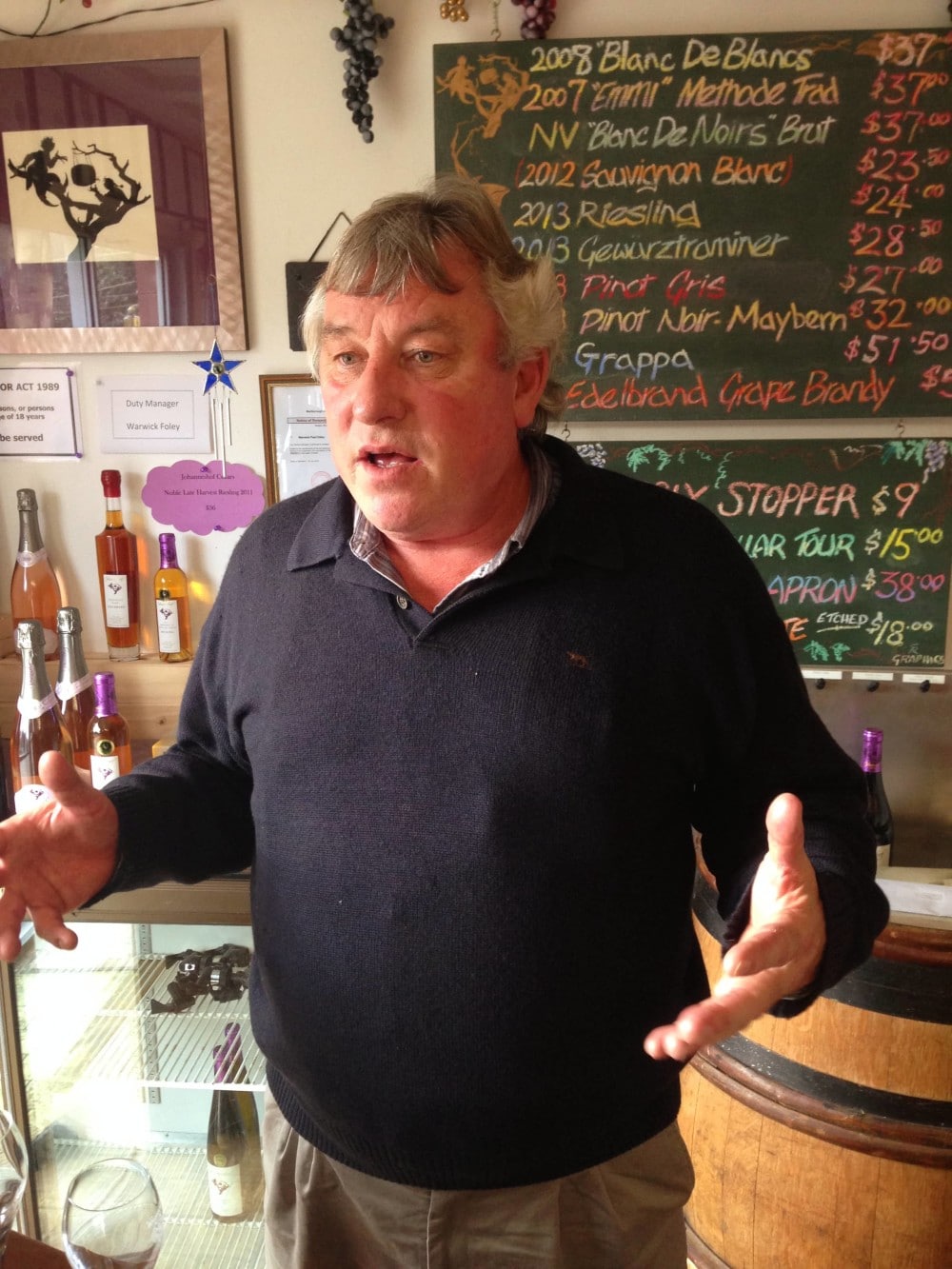
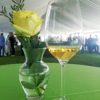
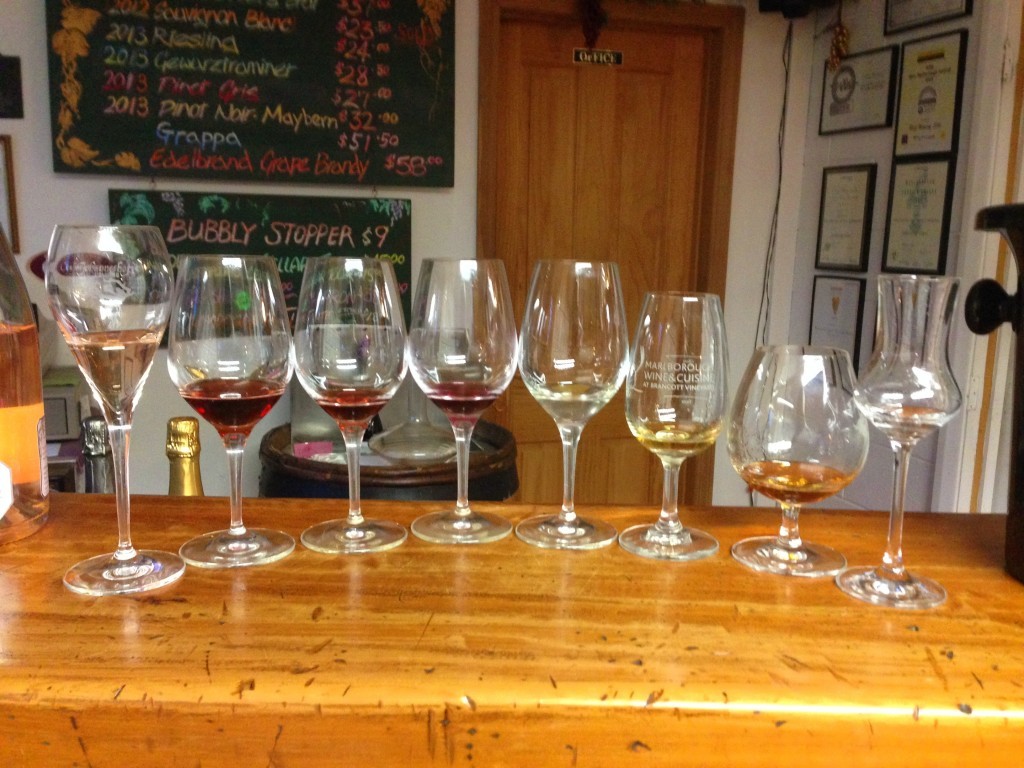
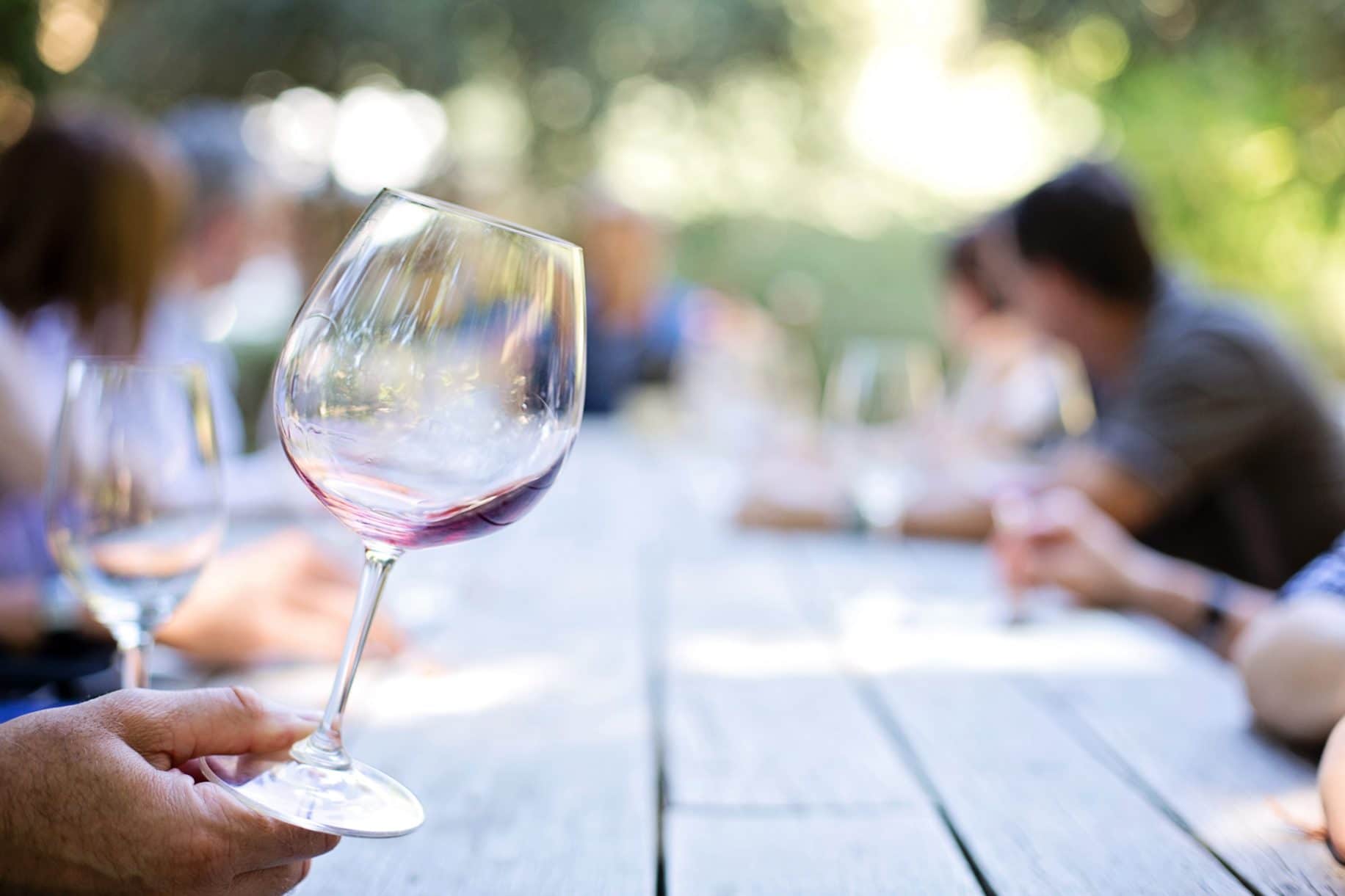

You must be logged in to post a comment.